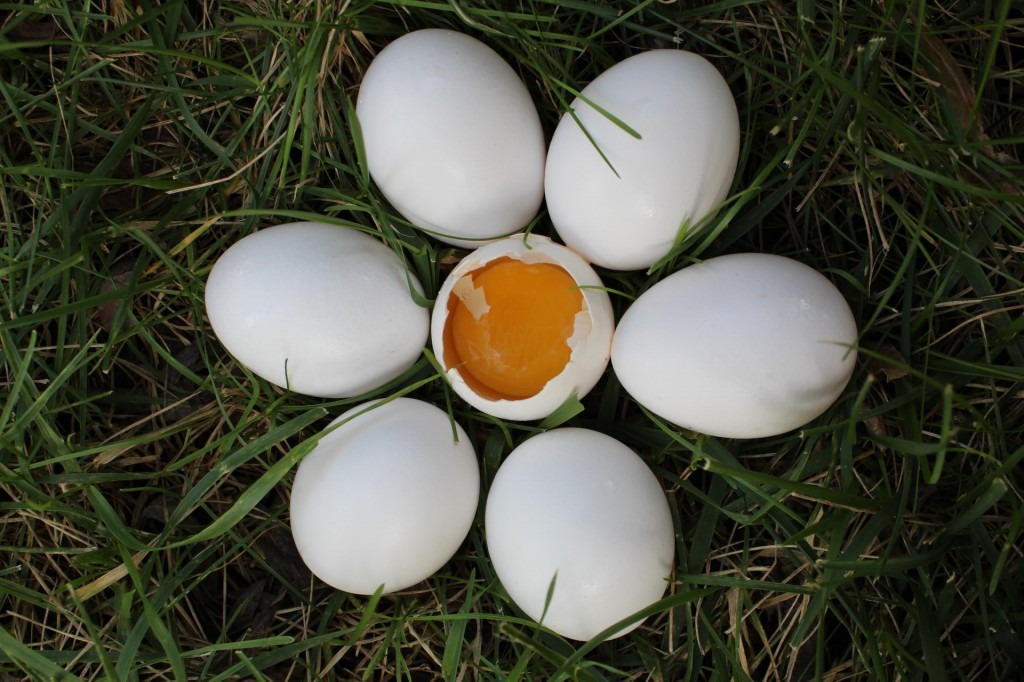Among foods, eggs are the most healthy and nutritious. There are many types of eggs. But the most popular one is that of chicken. Eggs are not only consisting of high-quality protein, they are enriched of vitamins, minerals, and antioxidants that provide several health benefits.
- Healthy weight: The protein in eggs helps to stay energized and feel full for longer which contributes to maintaining a healthy weight.
- Strong muscles: High-quality protein may help to keep and build adult muscle strength and help prevent muscle loss in middle-aged and older adults.
- Healthy pregnancy: Egg yolks have an essential nutrient called choline, that contributes to fetal brain development and helps prevent birth defects.
- Brain function: Choline also aids the brain function of adults by maintaining the structure of brain cell membranes and helping relay messages from the brain through nerves to the muscles.
- Healthy immune system: vitamin A, vitamin B-12, and selenium in eggs are helping to keep the immune system healthy.
- Eye health: Eggs contain two powerful antioxidants, lutein and zeaxanthin that help prevent age-related blindness.
How to determine which eggs to keep and which eggs to discard?
Eggs are safe to eat, if they have following appearances:- Cloudy egg white indicates that egg is extremely fresh.
- Dark yellow yolk indicates the hen’s diet. If Hen fed lighter color feeds like wheat, it produces eggs with lighter color yolks. If Hen fed darker color feeds like green plants, corn and alfalfa produce eggs with darker color yolks.
- Blood or meat spot indicates rupture of a small blood vessel(s) in yolk at time of ovulation, or deposit of tissue during egg formation.
- Green ring on hard-cooked yolk result of overcooking egg, caused by sulfur and iron compound reactions on the surface of the yolk.
- Off-colour egg white indicates spoilage due to pseudomonas bacteria. These bacteria produced a greenish, fluorescent, water-soluble pigment in the egg white.
- Black or green spots inside the egg indicates bacterial or fungal contamination of the egg.
